|
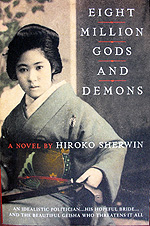 |
Eight Million Gods and Demons - Plume, Penguin Putnam Inc., New York, 2003 This intergenerational novel about the Imura family begins with Emi’s brave fight
|
 |
Japan’s World War II Legacy - Quartet, London, 2016 In Part I, based on the interviews with the Japanese veterans conducted It is commonly thought that the Japanese failed to reflect on the war afterwards,
|
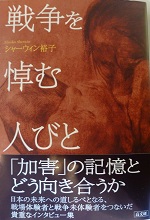 |
People Who Mourn the War - Kobunken, 2016
|
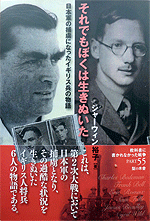 |
Even So I lived - Nashi-no-Kisha, 2009
In the early years of WW II, nearly 350,000 Allied soldiers were taken prisoners
|
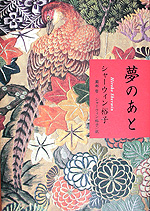 |
Remains of the Dream - Kodansha, 2008 The original "Eight Million Gods and Demons" was written in English by the author |
 |
Old Tips - Information Centre, Tokyo, 2006 Life spans are increasing everywhere in the developed world, and people are living
|
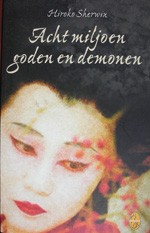 |
Acht miljoen goden en demonen - Sirene, Amsterdam, 2002
|
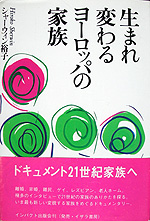 |
New Families in Europe - Impact Publisher, 2003
|
Copyright 2008 R M. Fossey. All Rights Reserved.
